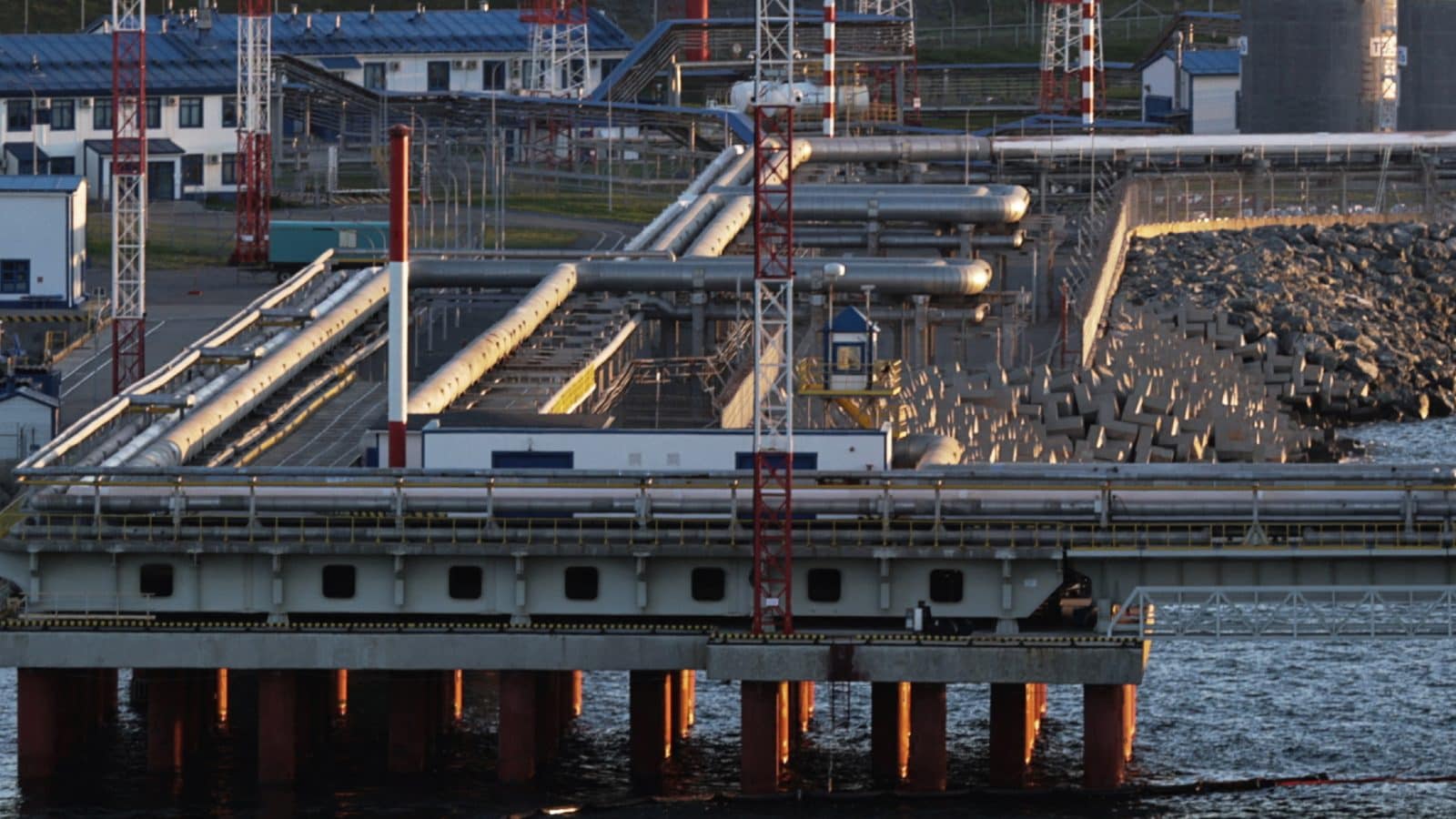Price Cap on Russian Oil: EU to Meet on Nov 23 as US, Allies Aim to Settle Down on a Rate
The US and its allies want to agree on a level for a price cap on Russian oil as soon as Wednesday, news agency the Wall Street Journal reported. The officials familiar with the developments told the Wall Street Journal that they may set it around $60 a barrel as the Group of Seven (G7) and the European Union (EU) rush to finalise the details.
The Wall Street Journal’s report said that the oil price cap could be as high as $70. The oil price cap plan is another effort undertaken by the US and its allies to punish Russian President Vladimir Putin for launching a so-called ‘military operation’ in Ukraine.
To Woo India Away from Russian Oil Imports, US Fin Min Yellen Pushes for ‘Friend-shoring’ at Noida Meet
The G7 and Australia will start imposing the price cap on December 5. These nations struggled to craft the details of the plan despite several meetings.
This means that the EU and Australia led by the G7 will ban maritime services for shipments of Russian oil if the oil is sold above the price cap and since 95% of the global oil tanker fleet is covered by shipping insurers who come from G7 nations, namely Canada, France, Germany, Italy, Japan, the UK and the US, they hope to use their control to dictate the terms of Russia’s seaborne oil sales.
It intends to cut Russia’s oil revenues but allows Russian crude to remain in the energy market.
India and The Price Cap
One of the chief architects of this G7 price cap is US Treasury Secretary Janet Yellen. Earlier this month, when Yellen travelled to India to meet her counterpart Union finance minister Nirmala Sitharaman and other business leaders she said India can continue to buy Russian oil but said there would be conditions.
“(Russia) is going to be selling at bargain prices and we’re happy to have India get that bargain or Africa or China. It’s fine. (Indian private oil companies) can also purchase oil at any price they want as long as they don’t use these Western services and they find other services. And either way is fine,” Yellen was quoted as saying by news agency Reuters.
‘Modi Govt Not Pressured’: Puri Says No Moral Conflict Regarding Russian Oil Imports
Hardeep Singh Puri, the Union petroleum and natural gas minister, during a discussion with CNN’s Becky Anderson said that India has no moral qualms buying Russian oil and clarified that these decisions are taken by oil companies and various economic entities and not by the Indian government.
“We owe our moral duty to consumers, we have a 1.3 billion population and we have to ensure that they are supplied with energy, whether petrol or diesel,” Puri had said during the discussion.
G7 Price Cap on Russian Oil: What is the Mechanism, How Will It Affect Moscow’s Revenue | News18 Explains
Puri and Union external affairs minister S Jaishankar have told the US on multiple occasions that India’s energy purchases from Russia in any month would be less than what Europe purchases in one afternoon.
EU to Meet on Wednesday
The ambassadors of the 27-nation bloc will meet on Wednesday to discuss and agree on a price.
It requires a unanimous agreement on the price but earlier a Guardian report pointed out that Germany is concerned regarding the ‘wisdom of the scheme’ and how it is supposed to work alongside the ‘still to be agreed EU scheme to impose a gas price cap’ back in October.
If the EU members cannot hammer out a plan, then the bloc will completely ban the financing and insurance of Russian oil shipments, which the Biden administration does not want.
The US also pushed the EU to make amendments to its plan where it sought to punish Russian oil carrying ships that breach the price cap from receiving EU oil services like brokerage or insurance.
They felt that it would scare shipping companies from carrying Russian oil at all.
If the EU needs to agree on a price cap, it will also depend on Greece, Malta and Cyprus, as these nations have large maritime industries, requiring them to need to sign off on the compromise for the EU to move forward with the price cap.
The US, EU and G7 are looking at the pre-war prices of Russian crude, which averaged around $65 a barrel, and want to set the price cap close to that amount, the Wall Street Journal said.
The Biden administration will enforce the price cap in a relaxed manner as it wants to keep Russian oil in the global markets to fight price rise and inflation.
Read all the Latest News here
For all the latest world News Click Here

